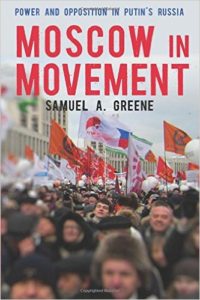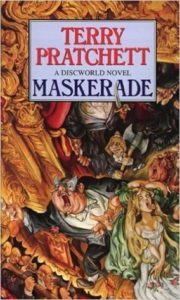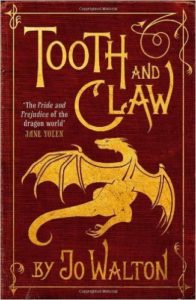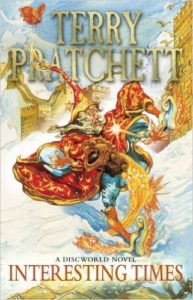I love so much how my experiences with Jo Walton’s books just get better and better. I spent the climactic scene of The Just City with one hand clutched to my breast, knowing something terrible was coming and feeling a kind of horror and relief when it finally did — horror because it truly was terrible, and relief because the suspense was finally over. And then I instantly put the next book, The Philosopher Kings, on my reading list: the hallmark of any good series. I’m not sure whether I should be pleased or annoyed with Tor.com’s book club (and by extension Ingress Book Club) for making me discover so much that is new and amazing for me to read, and need to keep reading.
Going back to The Just City specifically, I spent the first 30% of the book or so cautiously intrigued by the premise, as I’m not actually familiar with the contents of Plato’s Republic. My philosophical education is sorely lacking, I know, partly because I get so impatient with impractical conceits, which is what a lot of philosophy boils down to. Given this attitude, it should come as no surprise to anyone that I found myself growing increasingly appalled by what was happening in that first 30%. I was starting to wonder whether I should be trusting Jo Walton even after the splendid Tooth And Claw (and, for the record, this has nothing to do with what happens to Maia: I found that part realistic and sobering and a very necessary description of how most people deal with that.) And then Sokrates showed up.
My man, Sokrates. Walking into the main forum and asking, “What nonsense is this?” And then strolling along picking up on all the things I’d found unsettling (and more: like Lysias, I would never have thought to wonder about the workers’ sentience,) and being better and braver than I would ever be, speaking truth to power. So much happens in this book, a lot of bad shit, a veritable road built of good intentions leading to that inevitable final scene. It is breathtaking to read Jo Walton’s careful construction and ruthless deconstruction of Plato’s Republic. And more: her ideas on theology and synthesis are just two more of the interesting topics she tackles as she examines what it means to be a good person, what it means to build a good, a just society. This is a brilliant book about pursuing excellence, and the difference between theory and practice, and how important it is to recognize human feeling and the need for volition. I am the richer for having read it, which isn’t something I can say for most books. Highly recommended.
Read Doug’s review here.






